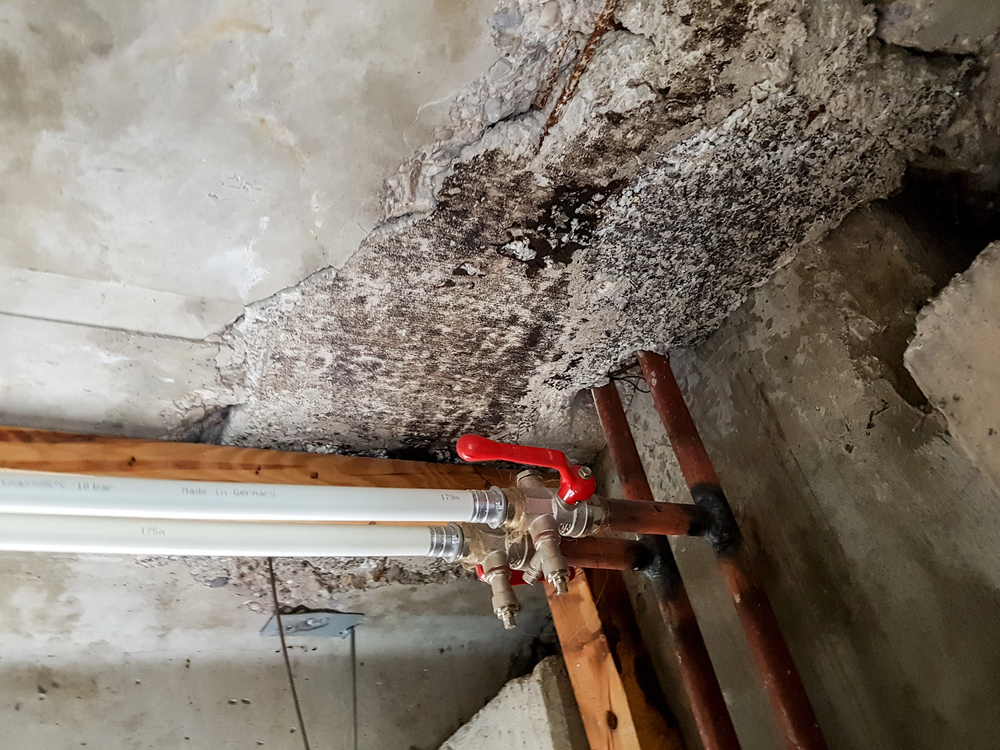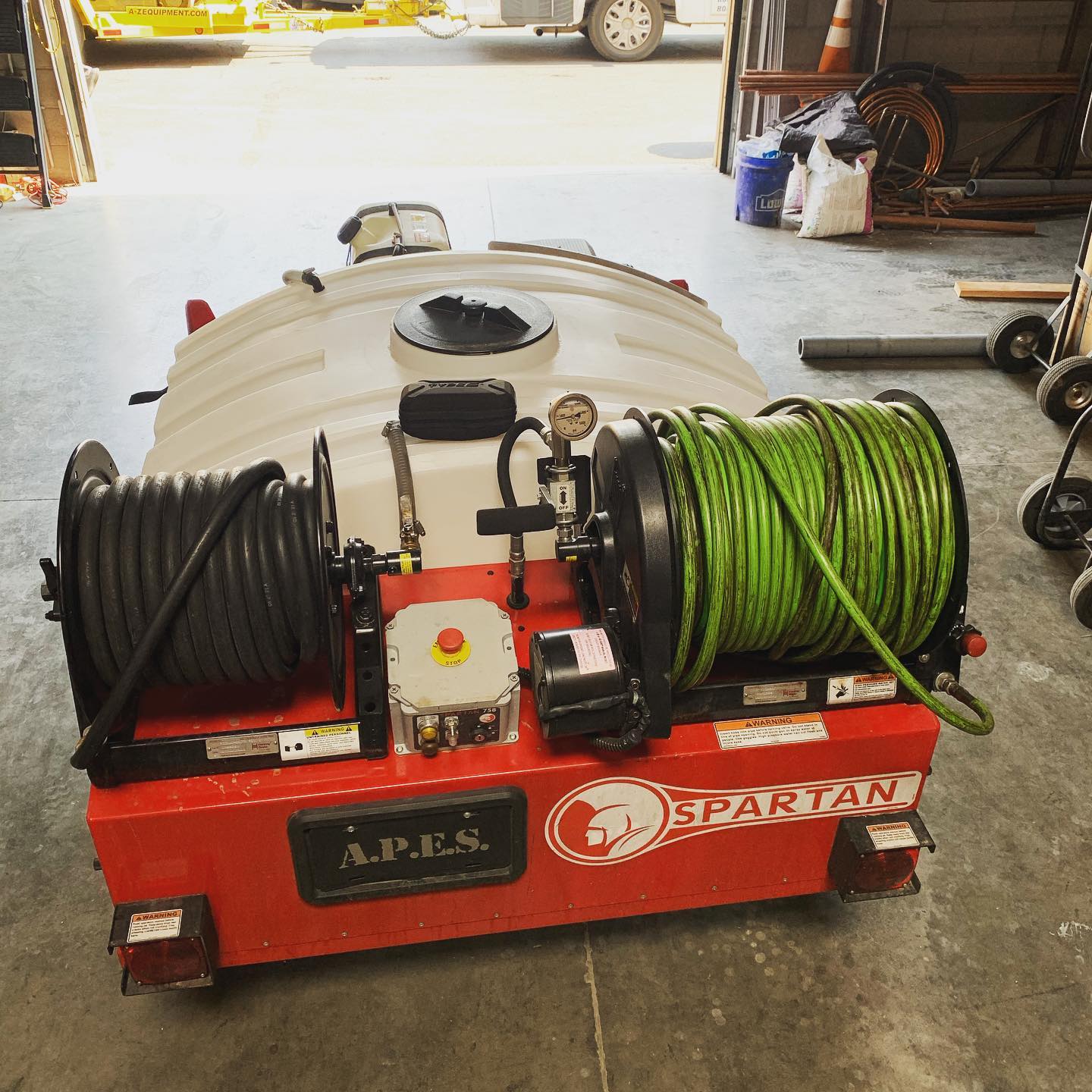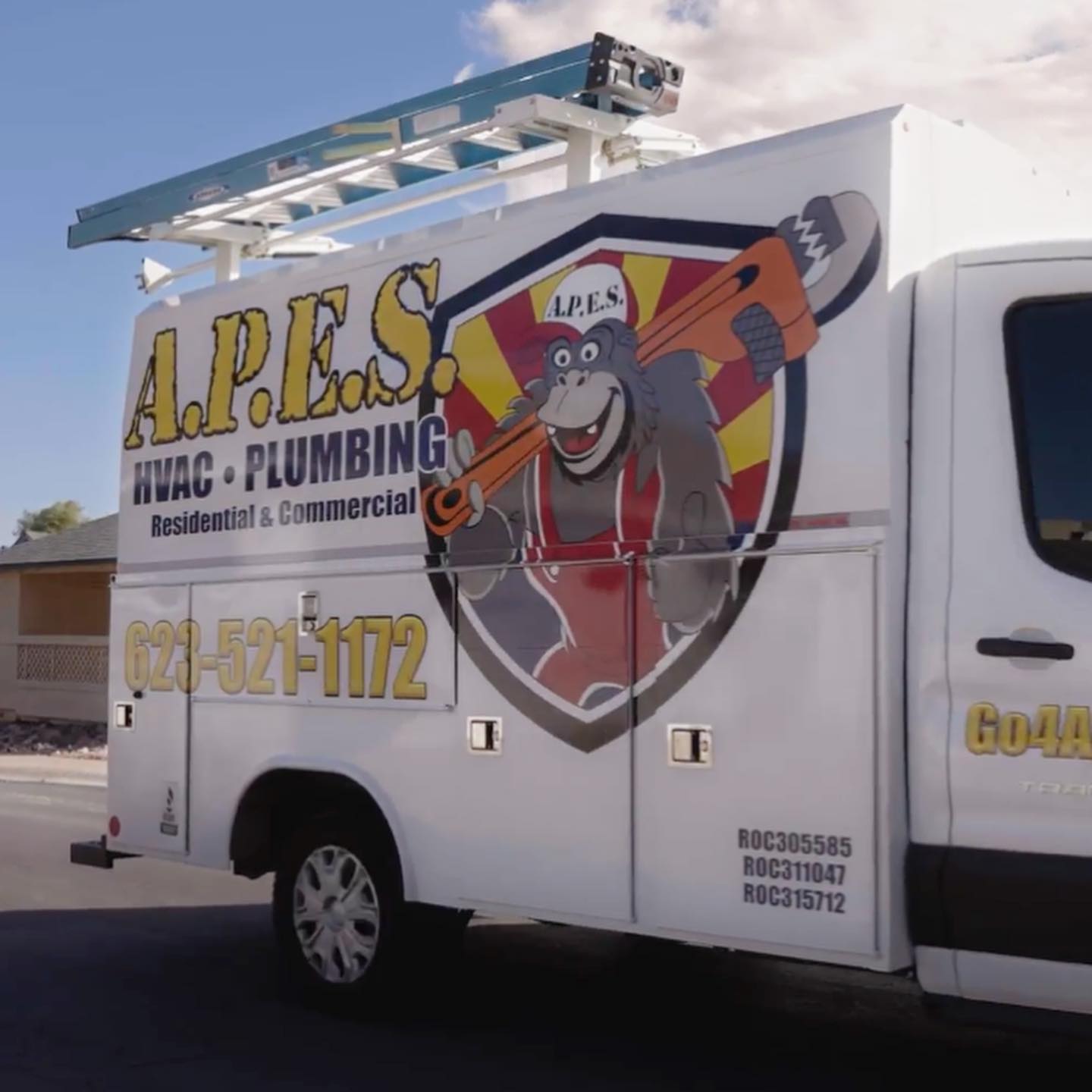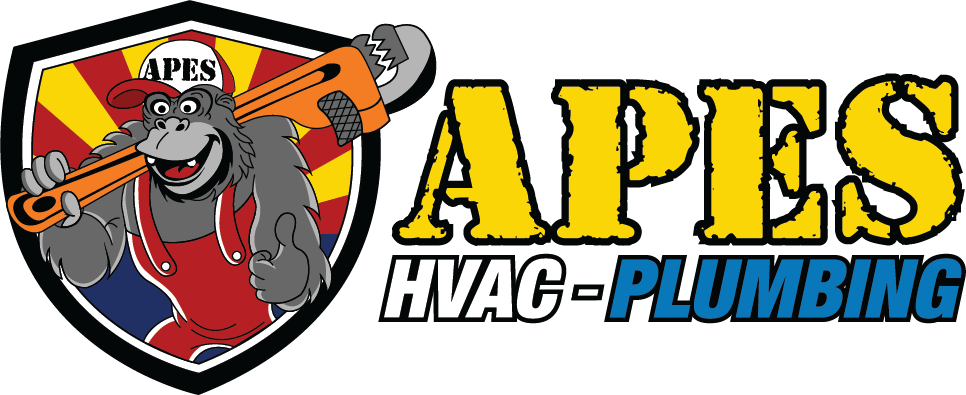The piping system inside your house is essential to its overall functioning. It allows easy access to clean water for various uses and efficiently removes wastewater. However, with time, pipes get old. They start rusting and even corroding, which can cause trouble in your household water supply. Most problems with your pipes may not be noticed initially since they are mainly out of sight, but do not ignore the age-old system, as it can gradually damage your health. But how do you know it’s time to repipe your home?
It is essential to take note of the practical issues of deteriorating pipes to avoid expensive repairs. Repiping, though a major task, is needed to prevent major expenses and troubles in the future. Here are ten unmistakable signs that will help determine if it is time to repipe your entire home.
-
Poor Water Pressure
Adequate water pressure is one key indicator of a sound plumbing system in any home. If you find that the water pressure in your showers, sinks, or bathtubs is lower than it used to be, there could be a problem with your pipes. Continuous low water pressure makes it difficult to perform some activities, such as doing the dishes or laundry.
More importantly, it can signify further complications like pipe sediments or corrosion. On the other hand, extremely high pressure would strain the pipes and fixtures, causing them to wear out faster or even develop cracks. When the pressure inside the pipes is not on either side of the scale, it is the right time to seek the assistance of an expert to figure out whether the pipes need to be changed.
-
Frequent Plumbing Leaks
One or two small drips may not seem serious, but if leaking pipes are commonplace in your home, they are a symptom of a more significant problem. Metal pipes, mainly, can corrode from the inside. When water flows through them regularly over the years, it thins out the pipe walls, thus leading to more leaks. Hard water with excessive amounts of minerals further speeds up this process.
However, suppose you find yourself fixing the same issues every few months or weeks. In that case, it is a clear sign that repairing the damaged area will not be sufficient anymore because repiping can only eliminate the issue from the root.
-
Noisy Pipes
When you open the tap, do you hear loud banging or even shrill squealing? Such unusual noises, called water hammers, are not typical and should be taken seriously. Rattling pipes may indicate the presence of an internal defect or stress concentration that may worsen in the future.
These sounds made by water being pushed through worn-out piping may signal a more significant problem of structural damage. If your pipes make a lot of noise, they are past their shield life, and it would be better to consult a plumber to repipe your home.
-
Visible Pipe Corrosion
No one requires calling a plumbing expert to identify pipe corrosion. Whenever you notice any of the visible parts of your pipes are colored, rusty, or peeling, it should be a matter of concern. Old corroded pipes are prone to leakages and bursts, damaging your property. Inevitably, metal pipes will corrode in one way or another, but when you find yourself with external signs of rust, the pipes are far gone. Repiping is the best way to ensure a small problem does not lead to costly repair or surface digging.

-
Discolored Water
Have you ever noticed that the water looks a faint yellow or even murky brown as it flows from the tap? Such discolored water might cause panic, but it is usually simply an indicator of rust in the pipes. With time, the rusting of the pipes can war off and cause tiny rust clumps to enter the water supply.
If this process is repeated too often, it indicates that not only your hot water tank or a single pipe but the entire system is problematic. Failure to act upon this sign may result in severe health risks and complete damage to the plumbing system in the house.
-
Water That Smells or Tastes Bad
Changes in the odor or taste of water may be a sign of worn-out pipes. Rusty pipes can easily be recognized by the strong smell they emit. If you have started smelling or tasting rusty water, then it is most likely that the pipes in your house are giving way to corrosion. The rust in the piping may not only taint the taste and smell of the water but may also compromise its hygiene levels.
Since water is essential for drinking, food preparation, and other domestic tasks, it must always be clean and safe for use. Repipe your home to restore the quality of water in your house.
-
Fluctuating Water Temperature
When you shower or clean the dishes, the water temperature may rapidly change to freezing cold or scorching hot. This inconsistency in water temperature is quite frustrating and may cause problems in your plumbing system. In most cases, wax buildup inside the pipes and a decrease in the size of the pipe walls due to rust will result in temperature fluctuation in the water flow, making it difficult to achieve the required temperature.
If you have been adjusting your water heater and the situation has not improved, there could be a problem with the pipe. A whole-house repipe can alleviate these temperature issues, allowing you to enjoy a warm shower worry-free.

-
Frequent Clogs
A few clogs are typical in a household pipeline. However, when clogs become more frequent or worse than usual, there could be a bigger underlying issue further down the pipes. Be it due to collecting sediments, tree roots, or flushing inappropriate things down the sink, stubborn clogs will most of the time, mean that the functionality of your pipes has suffered.
With time, older pipes can accumulate debris that can restrict water flow, increasing the chances of blockages. If no amount of plunging or drain cleaning seems practical, the best way to fix the issue would be to repipe your home.
-
Aging Pipes
Regardless of the material they are made of, plumbing pipes are not supposed to last for life. Many old homes have galvanized steel pipes that are known to rust after around 50 years. If your home’s piping hasn’t been updated in decades, repiping is essential to prevent potential issues from aging pipes. Durable materials like PVC and copper have finite lifespans, typically lasting 40 years for PVC and 70 years for copper.
However, these figures are reduced if your area is prone to hard water and high pressure. If your pipes are nearing or have already surpassed their expected lifespan, repipe your home before they catastrophically fail.
-
Unexplained Dampness
Ignoring damp spots or discoloration on walls, floors, or ceilings often points to a problem with your plumbing system. Such water stains, especially if there is no apparent reason for their occurrence, often indicate a leaking pipe somewhere.
In existing plumbing systems, the deterioration of pipe fittings may go unseen until severe damages occur. Therefore, identifying the problem early will prevent bigger structural hazards and water-related issues in the future.

Schedule a Repiping Service
Repiping is an expansive project that promotes the well-being of the structure and every individual who resides within its walls. In Phoenix, AZ, HVAC, and Plumbing Experts offer repiping services by skilled local technicians. With years of experience, the company expertly understands plumbing systems and accurately identifies pipe-related issues.
These experts replace corroded pipes, ensuring new ones meet strength and hygiene standards. APES HVAC & Plumbing handles everything from minor leaks to full repiping with expertise and precision.
Repiping ensures your home’s pipes handle daily pressure, saving time and money. Act immediately if you notice warning signs to prevent minor issues from becoming major problems. Call a professional plumber and safeguard your home right now.


